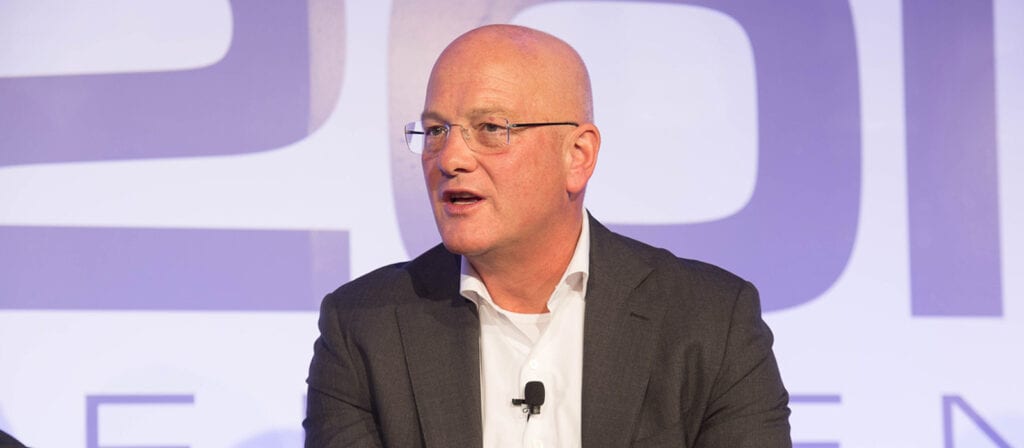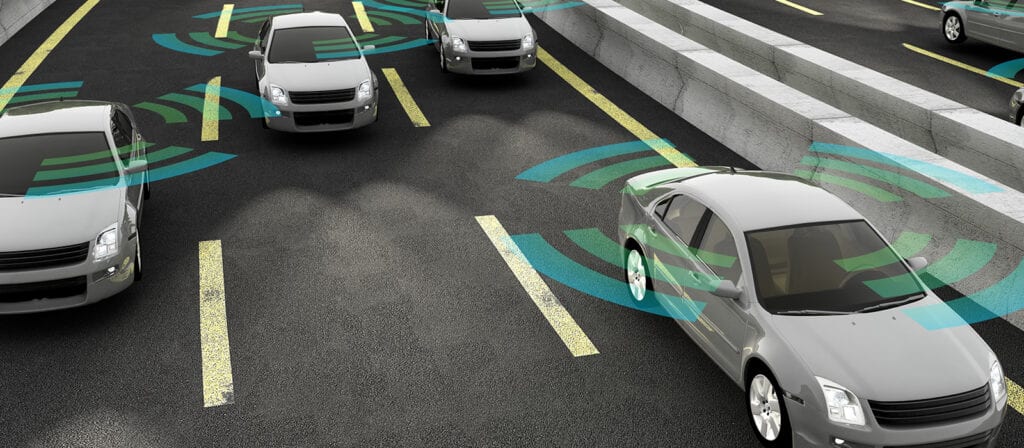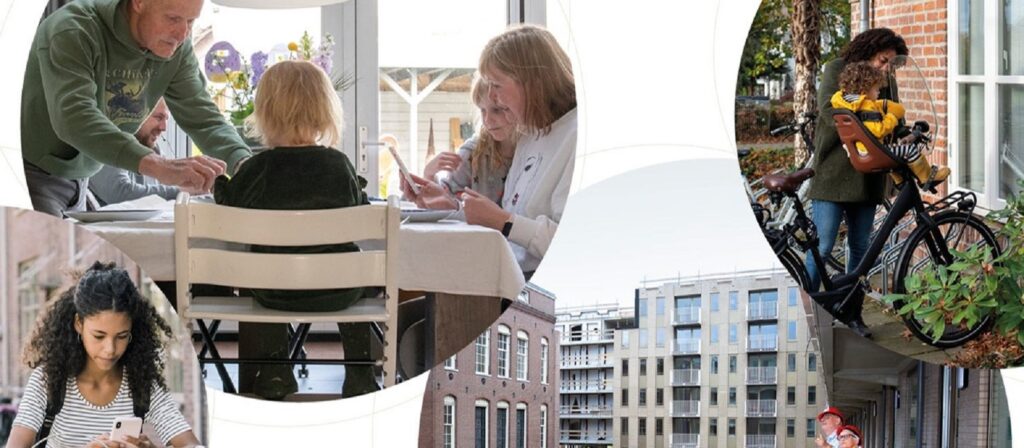From a solar-powered car to an electric scooter: without insurance, these new means of transport cannot take to the road. As a cooperative, Achmea considers safe, smart and clean mobility to be important, and therefore it wants to make these innovative forms of sustainable mobility possible.
“People used to go from A to B by car and we insured that car. Now it is about enabling mobility and the entire ecosystem around it,” says Karin Bos, Director, Retail Products at Achmea Schade & Inromen (Achmea’s non-life and income protection business).
Achmea has a strong cooperative identity and always seeks to balance the interests of customers, partners, employees and shareholders. This cooperative identity drives Achmea’s mission to contribute to what it calls a healthy, safe and future-proof society, and why it supports the transition to sustainable mobility, actively looking to collaborate with companies and organisations that are being innovative in this area.
In cities like Paris and Tel Aviv, people are already getting around en masse using electric scooters. In the Netherlands, this means of transport is not yet allowed; but Jair Van der Reis Cohen, co-founder of electric scooter company Swheels, expects that it will not be long before the electric scooter also appears in Dutch cities. “We will eventually get there,” he says confidently in the video podcast Waarmakers.
In this video podcast series, Achmea offers a platform to people who are working to make their vision of the future a reality. For example, Van der Reis Cohen works very hard towards realising his dream: to see people riding his scooters in Dutch cities. He does everything he can to achieve that.
Achmea’s Karin Bos finds Van der Reis Cohen's perseverance inspirational. "That perseverance is also part of innovation." She makes no statements about the legalisation of electric scooters on Dutch roads. “But I do think that all kinds of new forms of transport will come onto the market.”
Achmea wants to contribute to these kinds of developments. On the one hand from a customer perspective, so that it becomes possible for consumers to use new means of transport.
“Without insurance, these means of transport cannot go on the road,” Bos explains. On the other hand, Achmea is responding to this from the realisation that the world must be more sustainable.

Experiment and practice
Achmea is investigating how it can positively influence sustainable mobility trends from its role as an insurer and investor, explains Liesbeth van der Kruit, Director of CSR at Achmea. Stimulating sustainable mobility is important to the insurer because it contributes to the health of people, and at the same time reduces fossil fuel consumption.
To enable sustainable mobility, Achmea works together with innovative startups such as Swheels; Lightyear – an ambitious car manufacturer which is developing the first electric consumer car with integrated solar cells; and WeDriveSolar - an innovation project that integrates solutions for mobility and energy systems for the future.
For the insurer, the collaboration with these types of parties represents something bigger than the development of insurance for a specific means of transport. “It's much more about the mobility ecosystem. You want that to be safe and sustainable and that will include developing other types of insurance. We also need to practice and experiment in this, because we do not yet know exactly how that will work,” says Bos.
Van der Kruit is keen to emphasise that, despite the risks, she considers it important for Achmea to go along with these kinds of developments. “You also want to make things possible. And insurability plays an important role in this.”
Contributing to the sustainability of cities and society
Achmea cannot make mobility more sustainable on its own. “You really have to do that in partnership with others,” says Bos. That is why Achmea is also looking for cooperation at a European level. For example, Achmea is the only insurer affiliated with the European partnership EIT Urban Mobility. “There are all kinds of parties involved in tackling the mobility problems in large cities,” says Bos.
Through this type of collaboration, Achmea acquires knowledge about the risks and opportunities of new forms of mobility. It then shares this knowledge with others, for example within the Dutch Association of Insurers. “If you get in early, you have data and you can also advise on prevention and other matters. If you don't get in, you can't,” summarises Bos.
Van der Kruit adds that Achmea can also help municipalities and provinces with its knowledge. “We already know that it will be busy on the cycle paths . Which of course can lead to unsafe situations. We often have insight into where those unsafe situations might occur. With that knowledge we can be a discussion partner for municipalities and provinces. We can make recommendations on how you can stimulate the sustainability of that transport with infrastructure and make it safe.” In this way Achmea wants to make it easier for municipalities to implement their sustainable mobility policy. Bos and Van der Kruit hope that the sustainable mobility trend will continue in a positive way.
The impact of this trend extends beyond the mobility domain, Van der Kruit emphasises, because it also contributes to better air quality in the city and the health of people. “So, it is actually more than mobility. It really makes a contribution to making our society more sustainable. "
About Achmea
Founded 210 years ago, Achmea has grown from a small mutual insurer to the largest insurance company in the Dutch market. It ranks among Europe’s 20 largest insurers based on written premiums and is one of the 10 largest non-life insurers in the region (and the largest European non-life mutual insurer). Its core business lines are non-life, health, income protection, pension services and asset management. Achmea operates a multi-channel distribution strategy that services a diversified client base, including consumers, small businesses, listed companies and government organisations.





